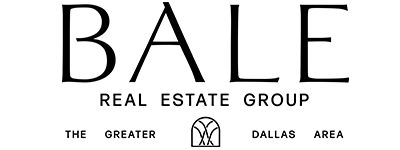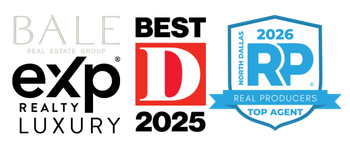
For many homebuyers, especially first-time buyers, navigating the various costs of homeownership can be overwhelming. Among the costs that often come as an unwelcome surprise is private mortgage insurance, or PMI. If you’re buying a home with a down payment of less than 20%, you’ll likely be required to pay for PMI. This begs the question many homebuyers ask: Is PMI just another way for lenders to squeeze more money out of you, or does it actually serve a purpose? Let’s dive in and separate the facts from the myths.
What is PMI?
Private mortgage insurance is a type of insurance that protects the lender if you, the borrower, stop making mortgage payments. Unlike other forms of insurance, it doesn’t protect you or your home; it solely benefits the lender. Typically, PMI applies to conventional loans where the down payment is less than 20% of the home’s purchase price.
PMI is usually paid monthly along with your mortgage payment. The exact amount depends on factors like the size of your loan, your credit score, and the loan-to-value (LTV) ratio.
Why PMI Exists
To understand if PMI is a rip-off or a necessary expense, it’s helpful to know why it exists in the first place. PMI makes it possible for many people to become homeowners without having to save for a 20% down payment. Without this insurance, lenders would likely be far more restrictive about lending money, particularly for low-down-payment loans. PMI essentially reduces the lender’s risk, making homeownership more accessible for millions of buyers.
How PMI Benefits Buyers
While it’s true that PMI can feel like a burden, it offers some notable benefits:
-
Homeownership Sooner: Instead of waiting years to save up a 20% down payment, PMI allows you to buy a home with a smaller down payment, often as low as 3-5%. This can get you out of the rental market and into homeownership sooner, building equity and potentially benefiting from appreciation in property value.
-
Lower Initial Costs: PMI reduces the amount of upfront cash needed to buy a home, freeing up funds for other important expenses, such as moving costs, home improvements, or emergency savings.
-
Refinancing Options Later: Once you’ve built enough equity in your home (usually 20-22%), you can request to have PMI removed or refinance into a different loan, eliminating the additional cost.

